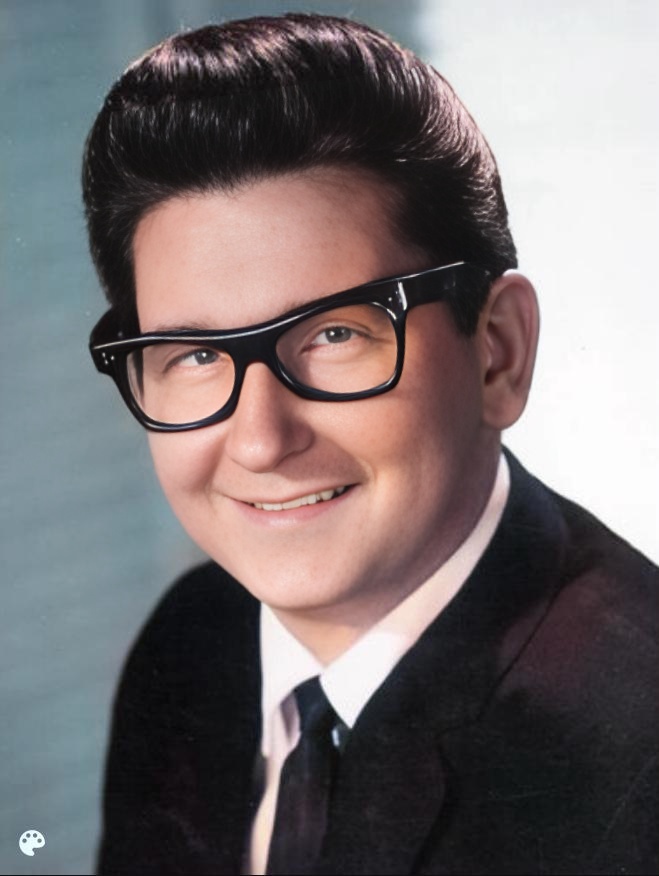
Roy Orbison, a towering figure in rock and roll history, blessed the world with his distinctive voice and emotionally charged ballads. Born in 1936, he rose to prominence in the late 1950s and early 1960s, earning a reputation for his operatic vocals, signature dark sunglasses, and melancholic lyrics. He achieved significant chart success, with hits like “Only the Lonely (Know the Way I Feel)”, “Oh, Pretty Woman”, and “Crying” consistently topping the charts. He was inducted into the Rock and Roll Hall of Fame in 1987 and received numerous awards, solidifying his legacy as a musical icon.
While Linda Ronstadt’s 1977 version is arguably more famous, Roy Orbison first released “Blue Bayou” in 1963 as the B-side to his hit single “Mean Woman Blues.” The song, penned by Joe Melson and Roy Orbison himself, paints a poignant picture of longing and escape. It tells the story of someone dreaming of leaving their current life behind for a serene paradise on the Louisiana bayou. The singer yearns for a life of tranquility, peace, and freedom, away from the burdens and sorrows of their present circumstances.
Although not a major hit upon its original release, “Blue Bayou” resonated with audiences who appreciated Orbison’s emotive delivery and the song’s universal theme of yearning for a better place. The lyrics evoke a strong sense of wistful nostalgia, appealing to listeners who dream of simpler times or a more idyllic existence. While overshadowed by the A-side, “Blue Bayou” quietly gained a following, paving the way for its later resurgence in popularity and cementing its status as a beloved classic. The gentle melody and heartfelt lyrics created an atmosphere of escapism that continues to captivate listeners today.